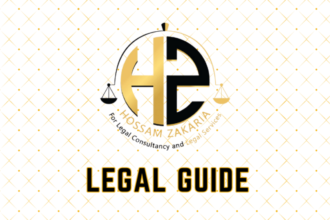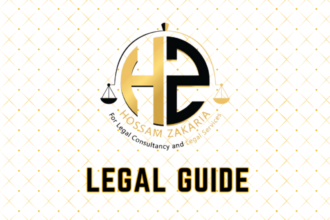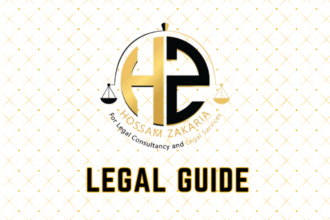Tag: Overview of Business Law in Kuwait
Comprehensive Guide to Business Law in Kuwait
Introduction to Business Law in Kuwait
Kuwait’s business law framework is vital for anyone looking to establish a presence in this thriving market. Understanding the legal structures, regulatory environment, and compliance requirements can significantly impact the success of your business endeavors in Kuwait.
Legal Structures for Businesses in Kuwait
Kuwait offers various legal structures for businesses, each tailored to meet specific needs and requirements.
1. Limited Liability Company (LLC)
An LLC is one of the most popular business structures in Kuwait. It requires a minimum of two and a maximum of fifty shareholders. Shareholders’ liability is limited to their capital investment, providing a layer of financial security.
2. Joint Venture (JV)
Joint ventures involve partnerships between Kuwaiti and foreign entities. This structure allows foreign investors to benefit from local market knowledge and resources. JVs are common in large-scale projects, especially in sectors like oil and gas.
3. Branch Office
Foreign companies can establish branch offices in Kuwait to conduct business without creating a separate legal entity. Branch offices must be registered with the Ministry of Commerce and Industry and are subject to specific regulations and requirements.
4. Free Zone Entities
Kuwait offers free zones designed to attract foreign investment with benefits such as tax incentives, 100% foreign ownership, and streamlined regulatory procedures. These zones are ideal for companies involved in trade, logistics, and services.
Regulatory Environment
Kuwait’s regulatory environment ensures a stable and transparent business landscape. Key regulatory bodies play crucial roles in overseeing business activities and compliance.
1. Ministry of Commerce and Industry
The Ministry of Commerce and Industry regulates business formation, licensing, and ongoing operations. It ensures that companies comply with Kuwaiti laws, promoting fair competition and market stability.
2. Kuwait Direct Investment Promotion Authority (KDIPA)
KDIPA facilitates foreign investment by providing incentives and support for international businesses. It offers a range of benefits, including tax exemptions and simplified procedures, to attract foreign capital.
Commercial Contracts and Dispute Resolution
Contracts are the foundation of business transactions in Kuwait. Ensuring that contracts are legally binding and enforceable is critical.
1. Governing Law
Commercial contracts typically specify the governing law. While Kuwaiti law is often used, international parties may agree to apply other jurisdictions depending on the contract’s nature and parties involved.
2. Dispute Resolution
Kuwait offers various dispute resolution mechanisms, including litigation, arbitration, and mediation. The Kuwait Chamber of Commerce and Industry (KCCI) provides arbitration services, offering a neutral platform for resolving commercial disputes efficiently.
Intellectual Property Protection
Protecting intellectual property (IP) is essential for businesses operating in Kuwait. The country has robust IP laws to safeguard trademarks, patents, and copyrights.
1. Trademark Registration
Businesses must register their trademarks with the Ministry of Commerce and Industry to secure legal protection. Registered trademarks are protected for ten years and can be renewed indefinitely.
2. Patent Protection
Kuwait grants patents for inventions that are new, involve an inventive step, and are industrially applicable. Patents are valid for twenty years from the filing date, subject to annual maintenance fees.
3. Copyright Laws
Kuwait’s copyright laws protect literary, artistic, and scientific works. Copyright protection lasts for the lifetime of the author plus fifty years, ensuring creators’ rights are upheld.
Compliance and Anti-Corruption
Compliance with local laws and regulations is crucial for maintaining good standing in Kuwait’s business environment. Kuwait has stringent anti-corruption measures to promote transparency and integrity.
Conclusion
Understanding business law in Kuwait is essential for successful operations. By choosing the right legal structure, complying with regulations, and protecting intellectual property, businesses can thrive in Kuwait’s dynamic market. Entrepreneurs and investors should stay informed and seek professional legal advice to navigate the complexities of the Kuwaiti legal landscape effectively.










